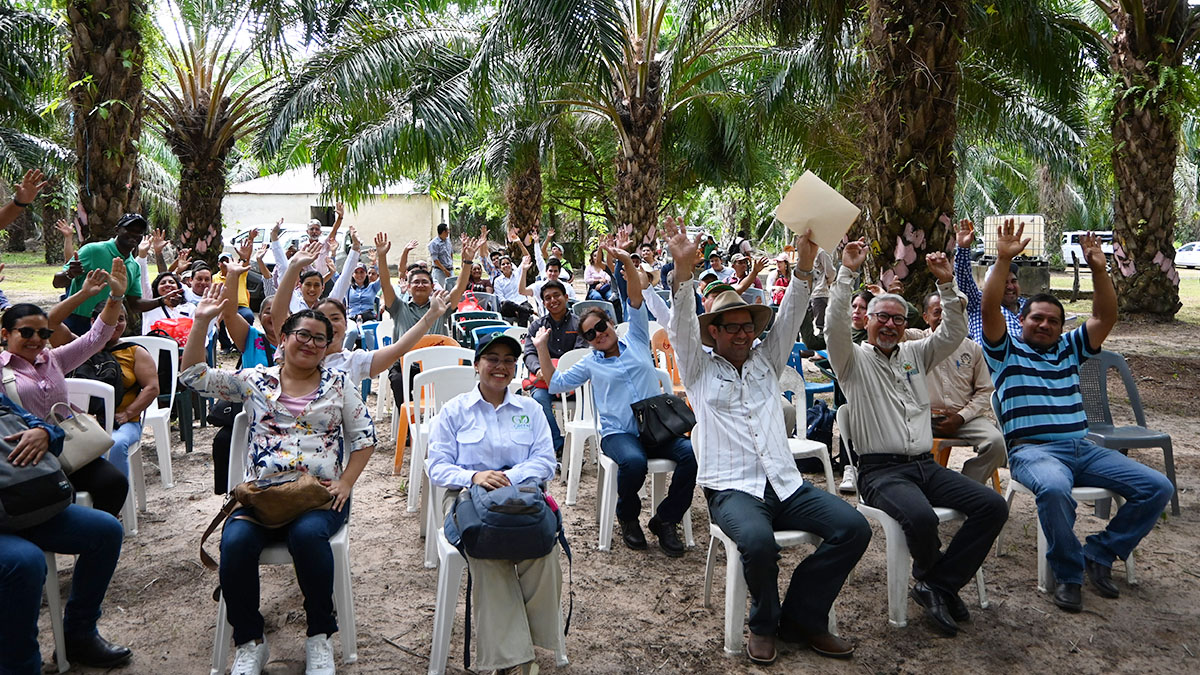Palm oil producers in Latin America are committed to sustainability.
Solidaridad Latin America and the Roundtable on Sustainable Palm Oil (RSPO) have signed an agreement to enable the implementation of regional strategies that will support oil palm smallholders on their path to sustainability and certification.
The agreement aims to unify the strategies of both RSPO and Solidaridad across Latin America, and help the two organizations to better share knowledge, experience and success stories within the palm oil sector.
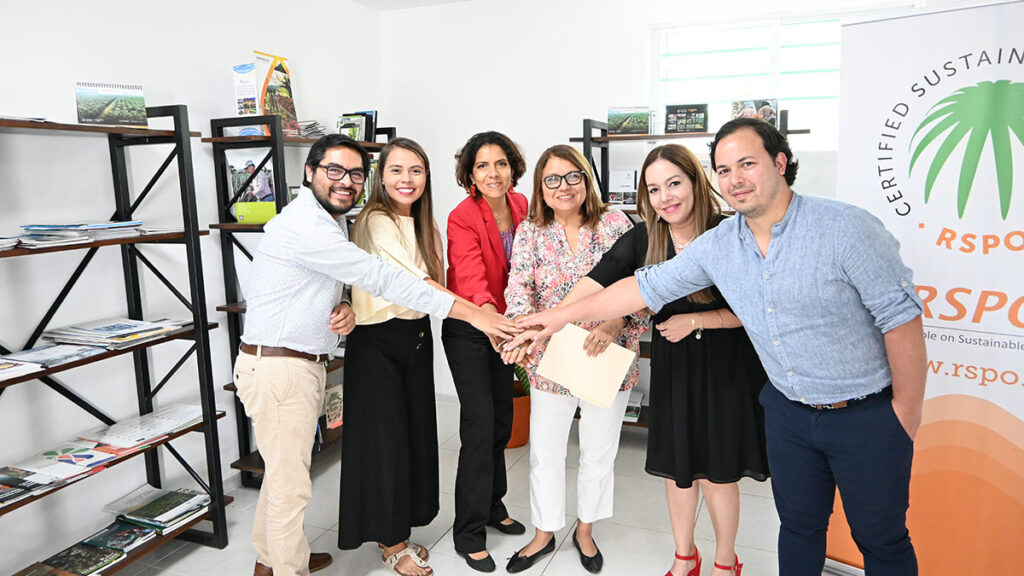
“RSPO and Solidaridad are both committed to ensuring that sustainable practices lead to better productivity and higher incomes for smallholders,” says María Goretti Esquivel, Manager of the Oil Palm programme at Solidaridad in Colombia.
“This partnership marks a pivotal moment in our collective commitment to fostering a sustainable palm oil industry within the region,” added Camilo Santos, RSPO Deputy Director for Market Transformation (Latin America).
Unifying the palm oil landscape in Latin America
The initiative aims to reach over 1,300 smallholders across 14,600 hectares in Latin America to support them as they shift to sustainable production practices and eventually certification. To date, palm oil projects have been managed independently. The agreement creates a single panorama of all of the work being done by Solidaridad and RSPO across Colombia, Peru, Mexico, Guatemala, Honduras, and Nicaragua.
“Our goal is to make Latin America the number one continent in sustainable smallholder oil production,” says Jorge Solano, Project Manager at Solidaridad Mexico. “By unifying our projects and creating a cohesive platform, we can streamline management and foster a comprehensive approach to sustainable practices.”
Francisco Naranjo, RSPO Technical Director adds, “Together, we champion smallholder livelihoods while prioritizing environmental conservation and social responsibility in all our efforts.”
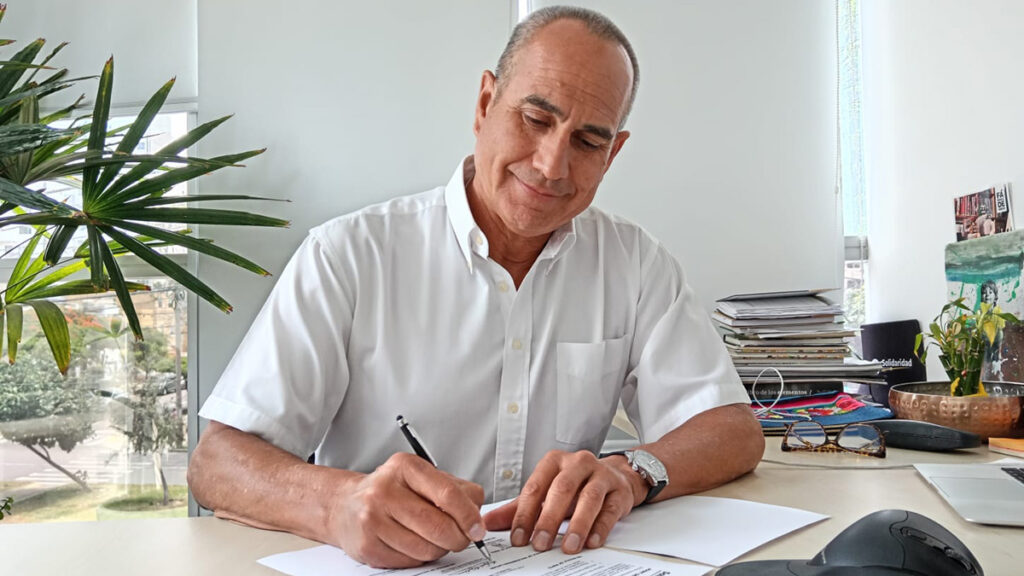
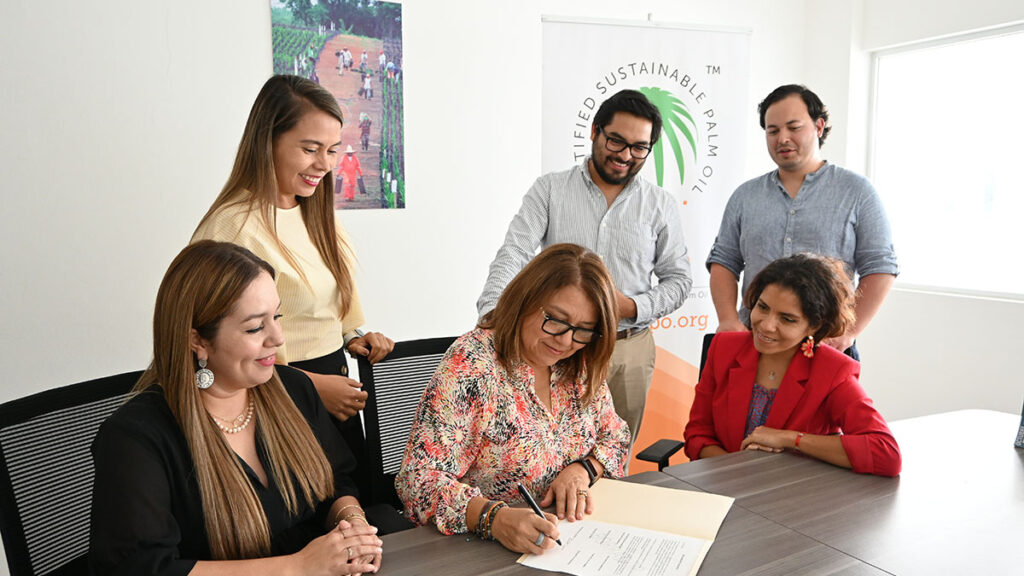
The goals of collaboration are designed to:
- Implement digital tools with the same methodology throughout the region to generate a unified overview of smallholders to achieve RSPO Independent Smallholders certification.
- Strengthen the growth of the RSPO Smallholder Trainer Academy (STA) in Latin America.
- Support each Latin American country as they define the best strategies for advancing the implementation of good practices for sustainable production and RSPO certification.
- Promote and strengthen compliance with European Union legislation.
- Position Latin America as a leading region in its support for smallholders in compliance with national and international sustainability guidelines.
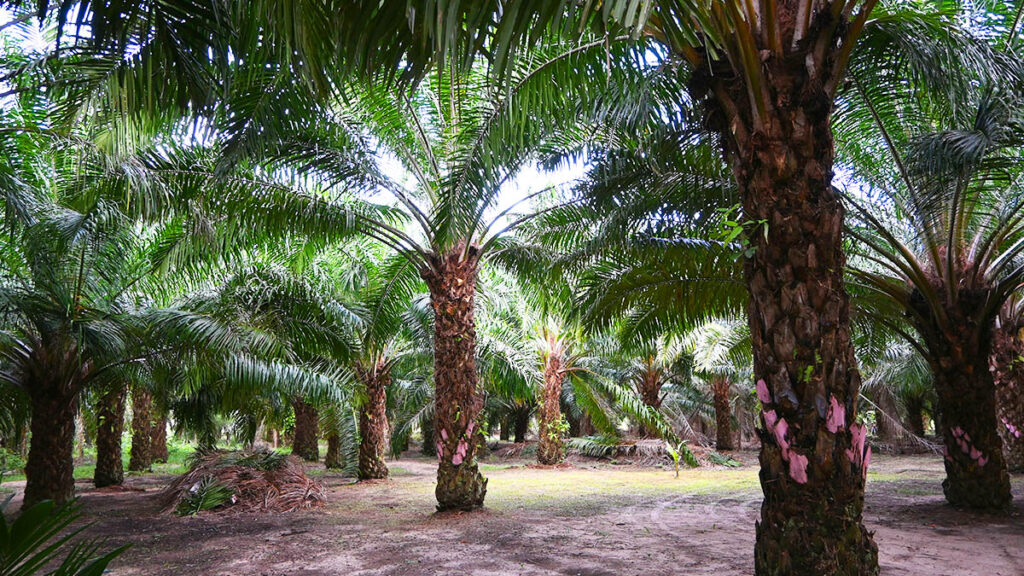
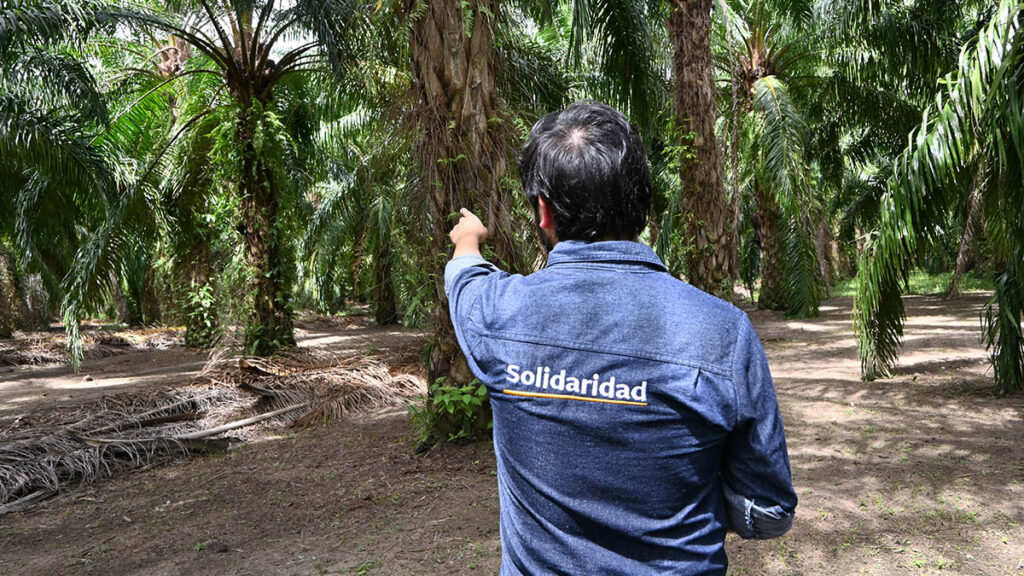

Strengthening regional alliances
Currently, the countries that make up Solidaridad Latin America manage palm oil projects on a national-level. The agreement with RSPO provides a new regional communication channel that can facilitate sharing, while acknowledging the need for unique programmes suitable to each country.
“This agreement is essential for both Honduras and Solidaridad, as within our goals and strategies for the coming years is to support more smallholders to produce in harmony with the environment,” says Sofía Núñez, Country Manager of Solidaridad in Honduras.
She goes on to say, “This involves education and social and cultural practices oriented towards sustainable production that guarantee the position of palm in each country. Additionally, the agreement allows the linkage and communication among Latin American countries, which allows us to share and unify strategies.”
Additional perspectives from the region
Lesly Vera, Palm Oil Programme Manager at Solidaridad in Peru, comments that, “Learning by doing is the operational logic for organizations that work with small-scale producers at the base of the supply chain. This agreement moves us further and proposes a ‘learning by connecting’ approach that provides the opportunity for real-time exchange and bridge building between producers and their organizations in Latin America on their path toward sustainability.”
María Goretti Esquivel, Manager of the Oil Palm programme at Solidaridad in Colombia, says “The importance of signing this agreement in different countries is that our work is no longer an individual effort, but rather a commitment to share strategies and experiences to confront common challenges. I think that as Solidaridad it strengthens us a lot, being in a bloc, organized as a region, along with strategic allies, such as RSPO, private donors, and large buyers who see us as a Latin American organization network.”
Latin America’s leadership in sustainable palm oil
This joint declaration marks the latest milestone in Latin America’s emerging leadership as a hub of sustainable palm oil production. The region boasts the highest level of RSPO Certification among palm oil producing regions and is the fastest growing region in the world in terms of certification, including smallholder certification.
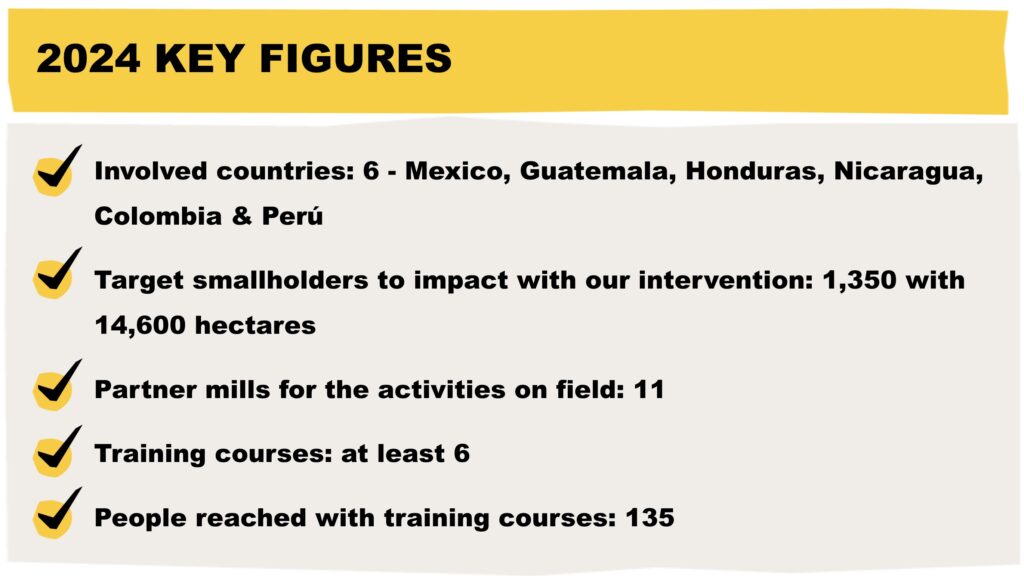
In October 2023, certified growers and producers in Latin America achieved two million tonnes of certified sustainable palm oil (CSPO), representing one-third of the region’s total palm oil production. This landmark achievement reflects the consolidated efforts among certified growers and producers in Brazil, Colombia, Costa Rica, Ecuador, Guatemala, Honduras, Mexico, Panama and Peru, covering a total of 656,000 hectares of certified land.

